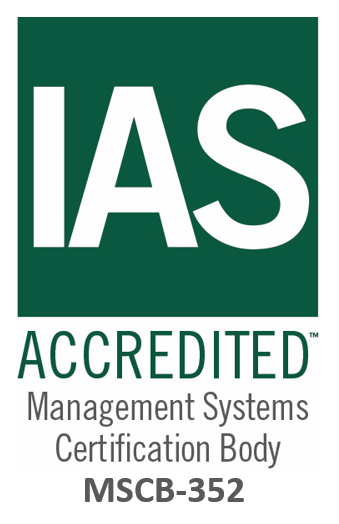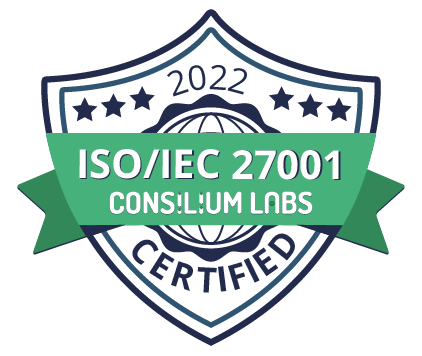We have an environment where everyone can contribute to making it better. That just makes exceptional business sense to me.
Radiant Law CEO Alex Hamilton
Radiant Law was interviewed for a Raconteur report on the B Corp movement, for The Times.
The legal industry isn’t known for its simplicity – or its environmental credentials. But one law firm is trying to do business differently by reinventing how it provides its services
If there’s one thing you don’t generally associate with legal professionals, it’s simplicity. But being a B Corp is all about doing the everyday differently and Radiant Law has certainly broken the legal mould.
As the second law firm in the UK to achieve the coveted status, in 2019, founder Alex Hamilton revels in his company being “unusual”. Its fixed price-only offering for contract support sees it handle more than 10,000 agreements a year.
“We’re very purposeful about trying to make contracting better and making a difference, both for clients and more widely,” he explains. “I don’t think anyone makes a buying decision on the back of us being a B Corp – and that’s okay, that’s not why we did it or continue to do it. We truly believe in this stuff.”
If a B Corp’s reason for existing is to make a positive social and environmental impact, then Radiant has achieved that. The team’s goal is to improve its B Corp score by one point per quarter and an innovative way of working is turning the legal contract model on its head.
“We turn around 90% of contracts in half a day,” Hamilton says. “That’s extraordinarily fast compared to others. We work mostly virtually but we got rid of all printing in the one office we do have by me stealing the printer cable.
“Our printing went to zero and it turned out everyone was just fine with that. Apart from some flights around the world, we have a pretty light carbon footprint.”
Big picture thinking
Hamilton has taken that paper-saving mission to a new level. Radiant plants a tree for every contract it completes, via an organisation called One Tree Planted. “Clients love it,” he adds. “It’s a nice thing to do and it’s a little wry nod to all the paper the legal industry traditionally uses. We’ve planted tens of thousands.”
Radiant also gives 10% of its operating profit to charity and the founder explains how he is aiming to solve three big problems.
The first is to change the contracting focus from “silly legal arguments” to creating great relationships. The B Corp philosophy of simplicity even extends to writing the documents in plainer English to make them “short, clear, reasonable and relevant”.
Second is a mission to “embrace lean” and rethink how legal services are delivered. Thirdly, Hamilton wants to “create a place for the team to thrive” with a more human-centric organisation.
“We have an environment where everyone can contribute to making it better with continuous improvement. That just makes exceptional business sense to me,” he adds.
A catalyst for reinvention
Having found the B Corp journey helped him “join the dots on the bigger countercultural movement going on in business”, Hamilton suggests those starting out must ensure decisions begin “from the very top”.
“If you set up a committee to look at it, the committee will go into a flat spin of what it is allowed to suggest and it will second-guess itself,” he warns. “You need a small leadership team without the standard change management nonsense.”
B Corp status also chimes nicely with how the legal function in many organisations is assuming responsibility for ESG. Hamilton believes the principles have commonalities but says both should not be viewed purely through the lens of compliance and ethics or “not breaking the rules”. Instead, they can be a catalyst for reinvention.
Working with everyone from large multinational banks to huge global companies means the Radiant Law team is always kept on its toes. But as a B Corp with a 4.7 out of 5.0 client satisfaction rate, Hamilton never lets the firm rest on its laurels.
“My true test is: ‘Are we learning every day?’ If something can be automated, it should be.
But I want our people to spend our time adding more value and doing more interesting work by solving problems, being creative and creating relationships,” he says.
“Also, we don’t encourage working who knows how many hours extra. We’re very focused on going home or to the pub at 6pm, rather than working past midnight like other law firms.”
For the full report visit www.raconteur.net




















.png)
.jpg)




.jpg)








.png)
.png)




.png)






























.jpg)


